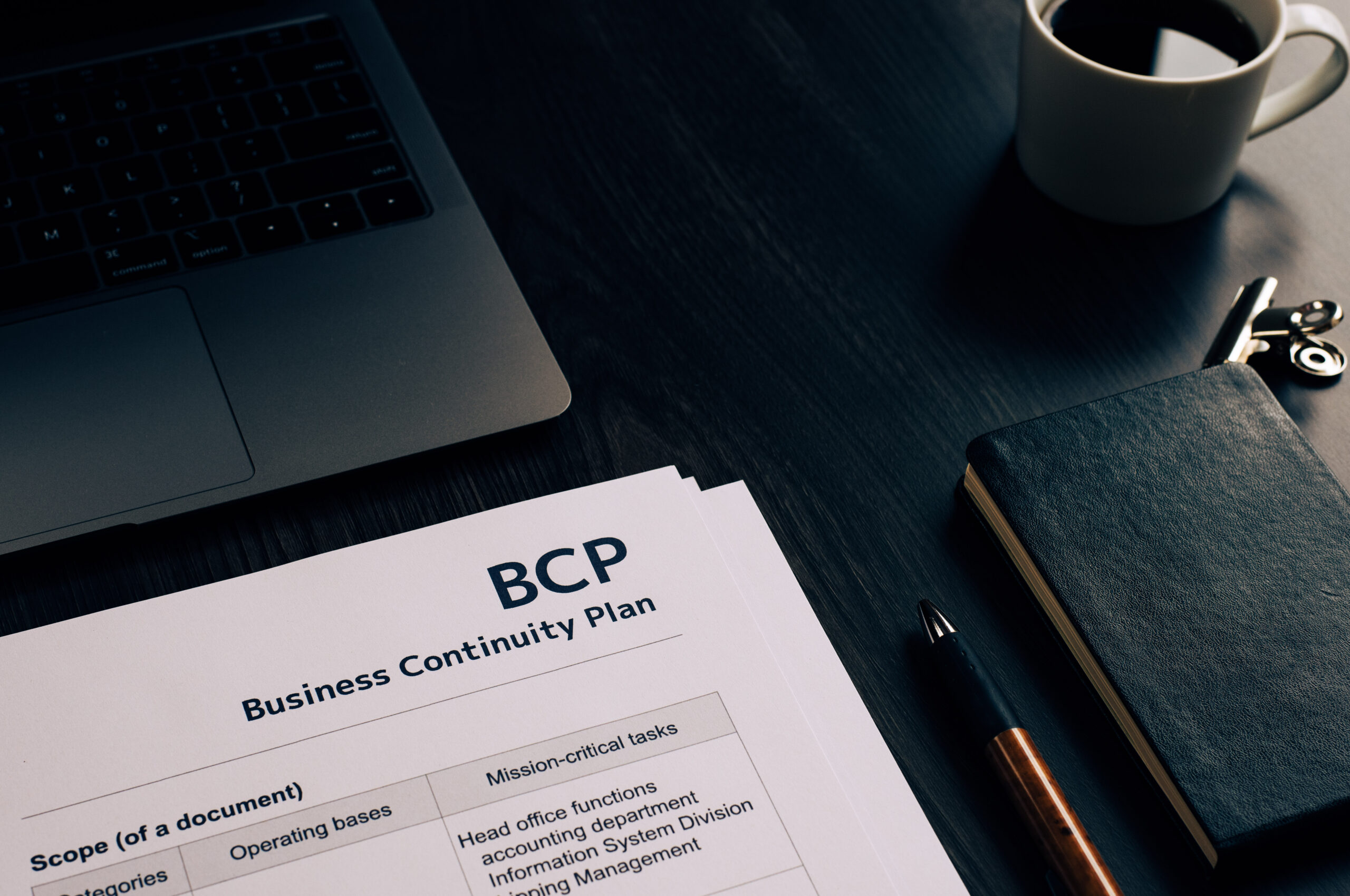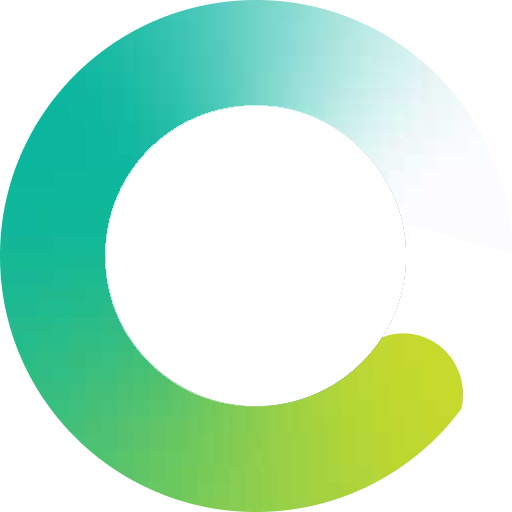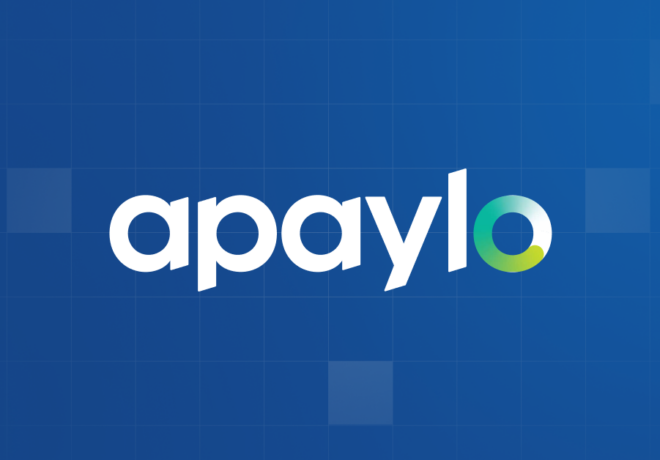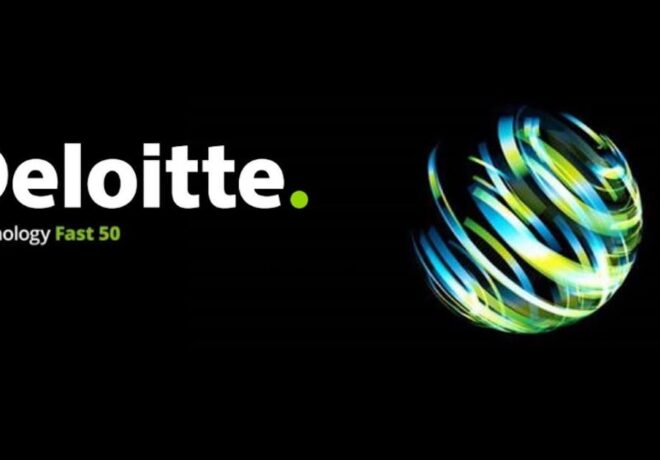The Retail Payment Activities Act (RPAA), introduced in June 2021 and regulated by the Bank of Canada, sets a high standard for Payment Service Providers (PSPs) in Canada. The legislation ensures that PSPs operate securely, reliably, and in a manner that fosters trust among end users. For PSPs like Apaylo, compliance with the RPAA is both a regulatory obligation and an opportunity to enhance operational resilience. A critical aspect of RPAA compliance is business continuity, which ensures PSPs can maintain essential services during disruptions. Achieving SOC 2 Type 1 certification offers a structured approach to meeting these requirements, particularly in the area of business continuity.
RPAA Business Continuity Requirements
The RPAA, supported by the Retail Payment Activities Regulations (published November 22, 2023, in the Canada Gazette, Part II), mandates that PSPs establish robust frameworks to manage operational risks, including those affecting business continuity. The Bank of Canada’s supervisory framework emphasizes the importance of maintaining service availability and recovering swiftly from incidents to protect end users and the integrity of retail payment activities.
Key regulatory provisions related to business continuity include:
- Section 19(h): PSPs must implement systems, policies, procedures, and controls to continuously monitor retail payment activities, systems, data, and information. This monitoring is essential for detecting incidents, anomalous events, or lapses that could signal operational risks, such as disruptions to service availability.
- Section 19(i): PSPs are required to develop a plan for responding to and recovering from incidents, including those involving third-party service providers, agents, or mandataries. This plan must ensure the timely resumption of critical operations following a disruption.
- Section 20: PSPs must test and review their Risk Management and Incident Response Framework at least annually to confirm its effectiveness in mitigating and recovering from operational risks, including those impacting business continuity.
These requirements highlight the need for PSPs to maintain proactive, well-documented, and regularly tested business continuity plans (BCPs). Non-compliance can lead to significant penalties, with fines up to $1 million for serious violations and $10 million for very serious violations, as outlined in Section 48 of the Regulations. For PSPs, aligning with these standards is critical to maintaining regulatory standing and operational reliability.
How SOC 2 Type 1 Certification Supports RPAA Compliance
SOC 2 Type 1 certification, developed by the American Institute of CPAs (AICPA), evaluates the design and implementation of an organization’s controls related to security, availability, processing integrity, confidentiality, and privacy at a specific point in time. For PSPs navigating RPAA compliance, SOC 2 Type 1 provides a globally recognized framework to demonstrate that their systems and processes are designed to meet regulatory expectations, particularly in the realm of business continuity.
Here’s how SOC 2 Type 1 certification aligns with the RPAA’s business continuity requirements:
- Supporting Section 19(h) – Continuous Monitoring:
- SOC 2 Alignment: The availability principle of SOC 2 requires organizations to design controls that ensure systems remain operational and accessible as committed to clients. This includes implementing monitoring tools to detect disruptions, such as network outages, system failures, or cybersecurity threats, that could impair service delivery.
- RPAA Linkage: Continuous monitoring, as mandated by Section 19(h), is critical for identifying operational risks that could disrupt retail payment activities. SOC 2 Type 1 certification verifies that a PSP has designed robust monitoring controls, such as automated alerts for system anomalies or performance degradation, to meet this requirement.
- Practical Benefit: By achieving SOC 2 Type 1 certification, PSPs can provide evidence to the Bank of Canada that their monitoring systems are designed to detect and address risks promptly, enhancing business continuity and regulatory compliance.
- Supporting Section 19(i) – Incident Response and Recovery:
- SOC 2 Alignment: SOC 2 Type 1 requires organizations to design incident response and recovery procedures to address disruptions and ensure service availability. This includes documented BCPs that outline steps for recovering critical systems and resuming operations after an incident.
- RPAA Linkage: Section 19(i) mandates that PSPs have a plan for responding to and recovering from incidents, including those involving third parties. SOC 2 Type 1 certification ensures that a PSP’s recovery plan is well-designed, with clear procedures for restoring services and mitigating impacts on end users.
- Practical Benefit: A SOC 2 Type 1-certified BCP provides a structured approach to incident recovery, helping PSPs meet RPAA requirements while building trust with regulators and clients.
- Supporting Section 20 – Testing and Review:
- SOC 2 Alignment: The SOC 2 framework emphasizes the importance of designing controls that can be tested and reviewed to ensure ongoing effectiveness. This includes processes for evaluating the performance of BCPs and monitoring systems.
- RPAA Linkage: Section 20 requires PSPs to test and review their Risk Management and Incident Response Framework annually. SOC 2 Type 1 certification supports this by ensuring that testing procedures are part of the control design, enabling PSPs to validate their business continuity measures.
- Practical Benefit: SOC 2 Type 1 certification provides a foundation for regular testing, helping PSPs demonstrate to the Bank of Canada that their business continuity controls are reliable and compliant.
Ready to simplify payments for your business?
Discover how Apaylo can help you streamline transactions, reduce costs, and stay compliant with ease.


The Strategic Value of SOC 2 Type 1 for PSPs
For PSPs registered with the Bank of Canada, pursuing SOC 2 Type 1 certification alongside RPAA compliance offers multiple benefits:
- Regulatory Assurance: SOC 2 Type 1 provides documented evidence of well-designed controls, helping PSPs demonstrate compliance with RPAA requirements during Bank of Canada audits or assessments.
- Operational Resilience: The certification process strengthens business continuity measures, enabling PSPs to recover quickly from disruptions and maintain service reliability.
- Competitive Advantage: SOC 2 Type 1 certification signals to clients and partners that a PSP prioritizes security and availability, fostering trust in a competitive market.
- Scalability: The controls established for SOC 2 Type 1 lay the groundwork for future certifications, such as SOC 2 Type 2, which assesses control effectiveness over time.
By integrating SOC 2 Type 1 certification into their compliance strategy, PSPs can streamline their efforts to meet RPAA requirements while enhancing their overall operational framework.
Partner with Apaylo for SOC 2 and RPAA Success
Compliance with the RPAA is a non-negotiable requirement for PSPs operating in Canada, and robust business continuity measures are at the heart of this framework. SOC 2 Type 1 certification offers a powerful tool for PSPs to meet the Bank of Canada’s expectations, particularly in the areas of continuous monitoring, incident response, and framework testing. By aligning SOC 2 controls with RPAA requirements, PSPs can enhance their operational resilience, mitigate risks, and build trust with regulators and end users.
Get a deeper look at navigating the RPAA’s segregation and safeguarding requirements in our recent blog.
For PSPs looking to achieve SOC 2 Type 1 certification and strengthen their RPAA compliance, Apaylo Finance Technology Inc. is a trusted partner. With expertise in payment technology and regulatory compliance, Apaylo can guide PSPs through the certification process, ensuring their business continuity measures meet both SOC 2 and RPAA standards.
Contact Apaylo today at compliance@apaylo.com to learn how SOC 2 Type 1 certification can support your RPAA compliance journey. Strengthen your business continuity, meet regulatory requirements, and position your PSP for success with Apaylo’s expert guidance.







